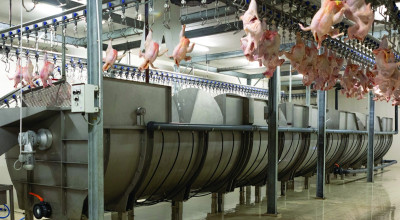E1: Understanding the Vaccines
Professor MG Finn, of GT Chemistry and Dr. Phillip Santangelo of the Biomedical department, help us get a better understanding of the COVID-19 vaccine by talking us through the many questions and concerns the majority have about the vaccine.
Talking Points
- Regular Vaccine VS. mRNA Vaccine
- Regular vaccines contain either a weakened or inactivated version of the whole virus. mRNA vaccines are sub-unit vaccines that only contain the instruction for the body to make one part of the virus. The mRNA vaccine is also modular and can be used to code any protein to easily make new vaccines without reinventing the formulation.
- Data suggests that antibodies last anywhere from a 3-10-month period. Note that seeing antibody levels decrease overtime does not mean that the vaccine stopped working. Your body has memory cells that can respond rapidly to the virus.
- Vaccine Safety – Published data from both Moderna and Pfizer regarding the safety to the FDA, state that the vast majority of people who get the vaccine experience no safety concerns or adverse effects other than normal inflammation at the injection site and fever.
- Quick vaccine approval concerns - mRNA is a platform that has been studied for 3 decades. Screening and testing for the vaccines were done simultaneously with each required phase (1-3). This helped compress time and accelerate approval.
- Do not wait to get the vaccine – It is important for as many people to get immunized as soon as possible to inoculate the population and reduce the amount of virus that is circulating on the planet.
- Both shots are needed to help with antibody levels for your immune system for an efficient level of response.
- If you have survived the virus you should still get the COVID-19 vaccine so that you can ensure that your immune system has a sufficient level of antibodies to respond.
- There is no evidence that shows that the vaccine produces sterilizing immunity, so you can be infected again but the probability is much lower.







